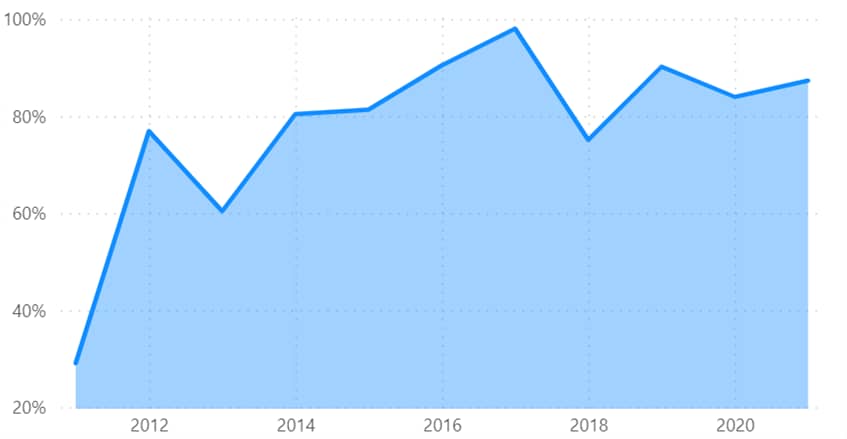By Burnett Munthali
The Reserve Bank of Malawi (RBM) has issued a stark warning, indicating that the Malawian government is at risk of a sovereign default due to escalating domestic debt, which now stands at K8 trillion (about $4.62 billion). The central bank’s concerns, highlighted in its latest Financial Stability Report, have raised alarms in the financial sector, as commercial banks are being alerted about the potential fallout should the government fail to meet its debt obligations.
A sovereign default occurs when a government is unable to repay its debt when due, a scenario that could see Malawi following in the footsteps of its neighbor Zambia, which defaulted during the Covid-19 pandemic, alongside Ethiopia and Ghana. This prospect has caused apprehension among stakeholders, as the country’s fiscal space continues to shrink.
The RBM report paints a worrying picture, citing the growing strain on the government’s finances due to high levels of domestic borrowing. “The relationship between government and commercial banks has remained strong as banks’ exposure to public domestic debt is persistently high at a time public debt figures are also historically high with the sovereign credit outlook deteriorating due to tight fiscal space,” the report reads.
This strong reliance on borrowing, coupled with Malawi’s deteriorating fiscal position, presents significant risks to the country’s overall financial stability. The RBM has highlighted key issues contributing to this vulnerability, including weak economic growth prospects, high inflation, rising interest rates, declining foreign exchange reserves, and limited policy space to support the economy. These factors, combined, are increasing the pressure on the government to continue borrowing, despite high yields and mounting debt risks.
Ministry of Finance and Economic Affairs spokesperson Williams Banda acknowledged the government’s struggles in narrowing the budget deficit, attributing the challenges to underperforming revenue collections over the past four months. Banda remains hopeful, however, that the fiscal deficit will reduce as revenue generation improves.
Economists and financial analysts are less optimistic about the situation. Economist Bond Mtembezeka warned that a sovereign default could have dire consequences, including higher inflation, reduced investor confidence, and a slowdown in economic growth. He also pointed out that commercial banks, with their significant exposure to government debt, could face substantial losses, potentially leading to a banking crisis.
Similarly, Bertha Phiri, executive director of the Malawi Economic Justice Network, criticized the government’s fiscal discipline, raising concerns about the continued borrowing for consumption rather than development. “We cannot properly account for the debt we have been contracting and what we have been doing with the money,” she remarked, suggesting a lack of transparency in how borrowed funds have been utilized.
Financial market analyst Cosmas Chigwe also echoed concerns, stating that a sovereign default could further undermine investor confidence, cutting off access to external funding and delaying economic recovery. Chigwe emphasized the need for the government to implement measures that would restore fiscal discipline and stabilize the country’s financial standing.
Currently, Malawi’s total sovereign debt stands at K15.17 trillion, with K7.17 trillion being external debt. The mounting debt burden has drawn the attention of international organizations, including the World Bank and the United States, both of which have called for urgent fiscal consolidation.
According to the Ministry of Finance and Economic Affairs’ latest Quarterly Debt Bulletin, of the K8 trillion in domestic debt, K6.19 trillion is made up of Treasury notes, K799.61 billion in Treasury bills, K677.66 billion in promissory notes, K198.47 billion in ways and means advances from the RBM, and K146.66 billion in domestic loans.
With pressure mounting from both domestic and international stakeholders, it is becoming increasingly clear that Malawi must take swift action to regain control of its fiscal position and avoid the catastrophic consequences of a sovereign default.




